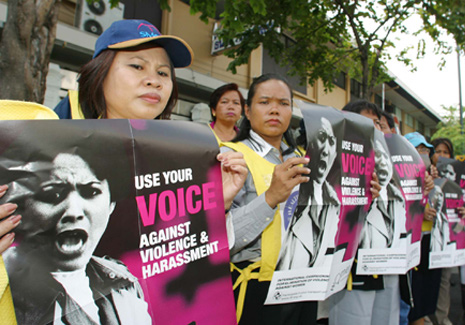
Oct 15, 2014 | News
Judges and representatives from judicial institutes from across Southeast Asia are attending a regional workshop to discuss how they can help counter gender-based violence and gender stereotypes.
The workshop, organized by the UN Women Regional Office for Asia and the Pacific, in collaboration with the Office of the Thai Judiciary and the ICJ is held in Bangkok on 15 and 16 October 2014.
This Regional Workshop for Judicial Training Institutions on Good Practices in Promoting Women’s Human Rights Compliant Justice Delivery will focus on using the CEDAW Convention and on eradicating gender stereotypes, especially in cases related to violence against women.
It also aims to improve the progress of the implementation of the CEDAW Convention and strengthen the regional network of judicial training institutions in eight Southeast Asian countries, namely Cambodia, Indonesia, Lao PDR, Myanmar, the Philippines, Thailand, Timor-Leste and Vietnam.
Speakers at the opening session include Hon. Justice Pattarasak Vannasaeng, Secretary-General of the Office of the Thai Judiciary; H.E. Mr. Philip Calvert, Ambassador of Canada for Thailand; Ms. Roberta Clarke, Regional Director of the UN Women Regional Office for Asia and the Pacific; and Sam Zarifi, ICJ’s Regional Director for Asia and the Pacific.
Thailand-Women Judicial training-News-web story-2014-ENG (full text in PDF)
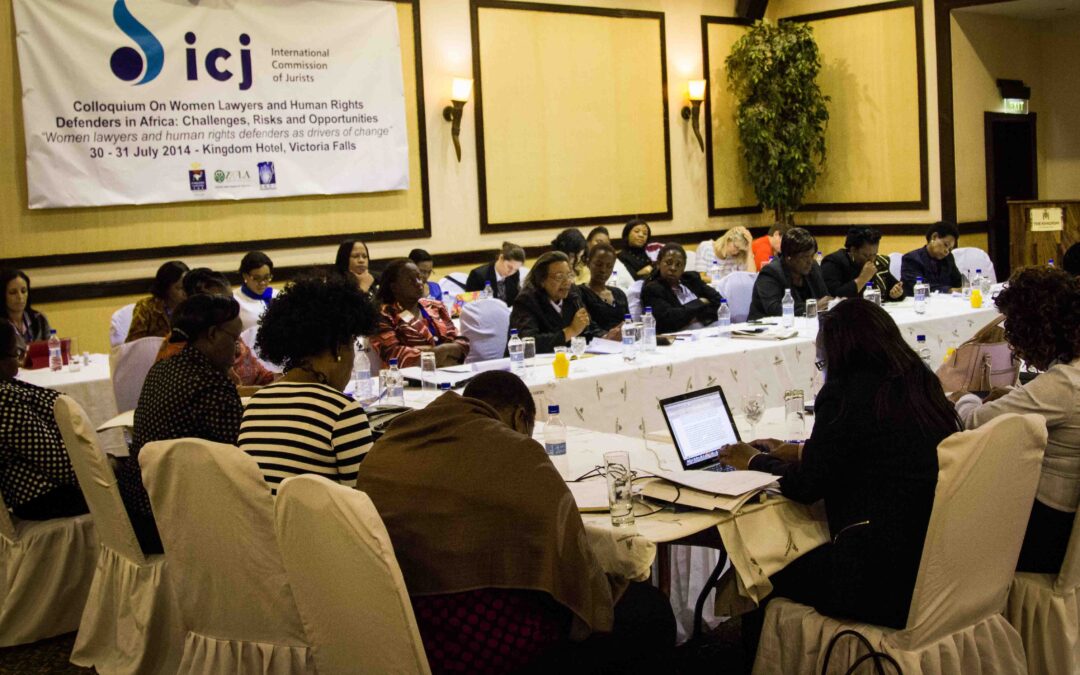
Aug 2, 2014 | Multimedia items, News, Video clips
Women judges, lawyers and human rights defenders from across Africa participated in ICJ Colloquia on “Women Lawyers and Human Rights Defenders: Challenges and Opportunities” on 30 and 31 July in Victoria Falls, Zimbabwe.
The colloquia were hosted in collaboration and partnership with the Gender Committee of the SADC Lawyers Association, the Zimbabwe Women Lawyers Association and Zimbabwe Lawyers for Human Rights.
It enabled over 40 women lawyers, human rights defenders and judges to come together to identify the challenges faced by women lawyers and human rights defenders and elaborate action steps.
Discussions also addressed the role of the judiciary in advancing gender equality, women’s access to justice and protection of women human rights defenders.
The Colloquia are part of an ICJ multi-year initiative on women judges, lawyers and human rights defenders as agents of change.
Interviews:
Justice Martha Koome (Kenya)
Justice Lillian Tibatemwa-Ekirikubinza (Uganda)
Doo Aphane (Swaziland)
Jane Serwanga (Kenya)
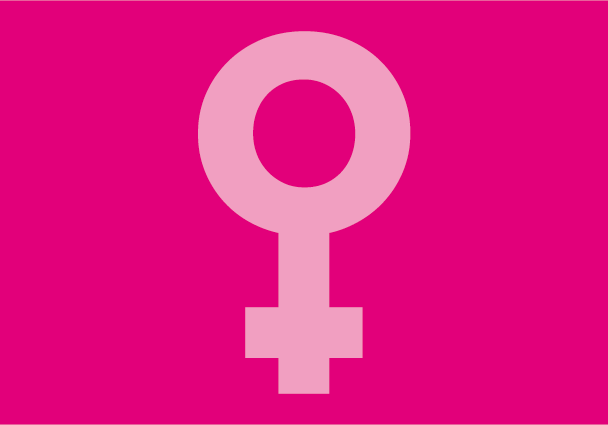
May 21, 2014
The ICJ has released a briefing paper entitled ‘International Human Rights Law and Gender Equality and Non-Discrimination Legislation. Requirements and Good Practices.’
Ensuring women’s enjoyment of their human rights on a basis of equality and without discrimination is a fundamental tenet of international law and is enshrined in a range of international human rights treaty provisions. In order to give effect to this obligation, States must enact legislative guarantees of gender equality and prohibitions of discrimination that are effective and fit for purpose.
This short briefing paper provides an overview of the basic components that international treaty monitoring bodies have repeatedly held must be encompassed within national legal provisions in order to meet the requirements of international law and standards.
GenderEquality&NonDiscriminationLegislation-BriefingPaper-Legal-2014 (download briefing paper in PDF)
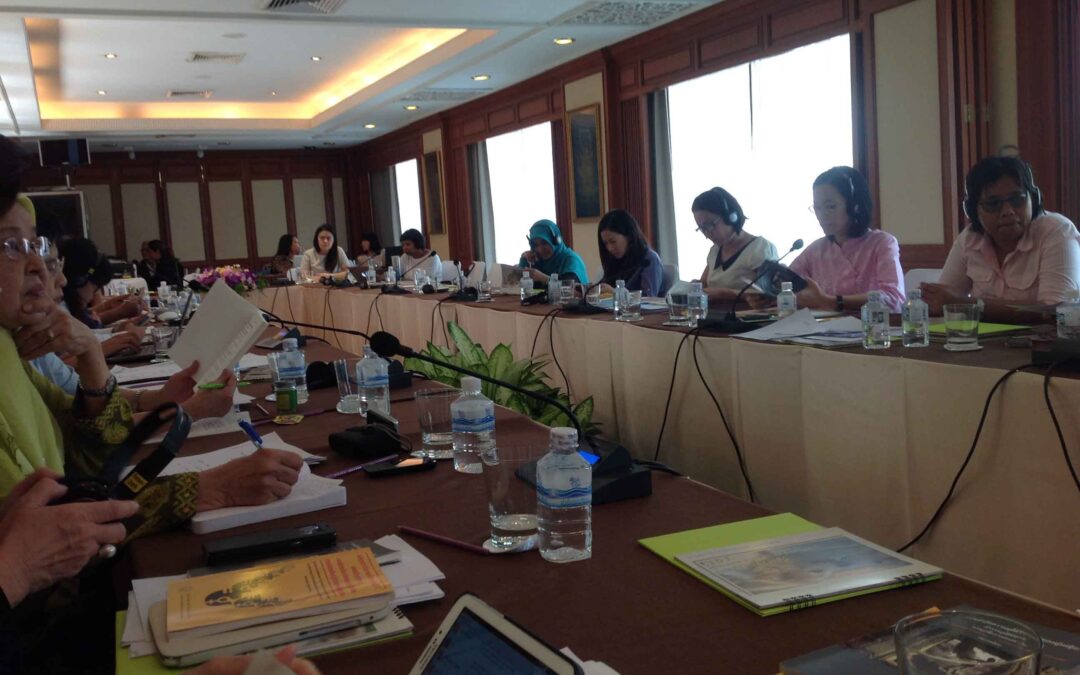
Apr 26, 2014 | News
The ICJ recently organized a Legal Seminar for Thai Lawyers and Women Human Rights Defenders on the Optional Protocol to the Convention on the Elimination of all forms of Discrimination Against Women.
On 25 April 2014 Thai lawyers and human rights defenders participated in a legal seminar on using international complaints mechanisms to advance women’s access to justice and human rights protection.
The ICJ seminar enabled global experts to provide local actors with practical guidance and strategic advice on using the Optional Protocol to the Convention on the Elimination of All Forms of Discrimination against Women (CEDAW).
The Protocol, which was ratified by Thailand in 2004, allows women who believe their rights under CEDAW have been violated, to submit a complaint to the UN Committee on the Elimination of Discrimination against Women and seek the Committee’s deliberation and views on the matter.
The legal seminar was part of ongoing ICJ work to empower women lawyers and human rights defenders and advance women’s access to justice in Thailand.
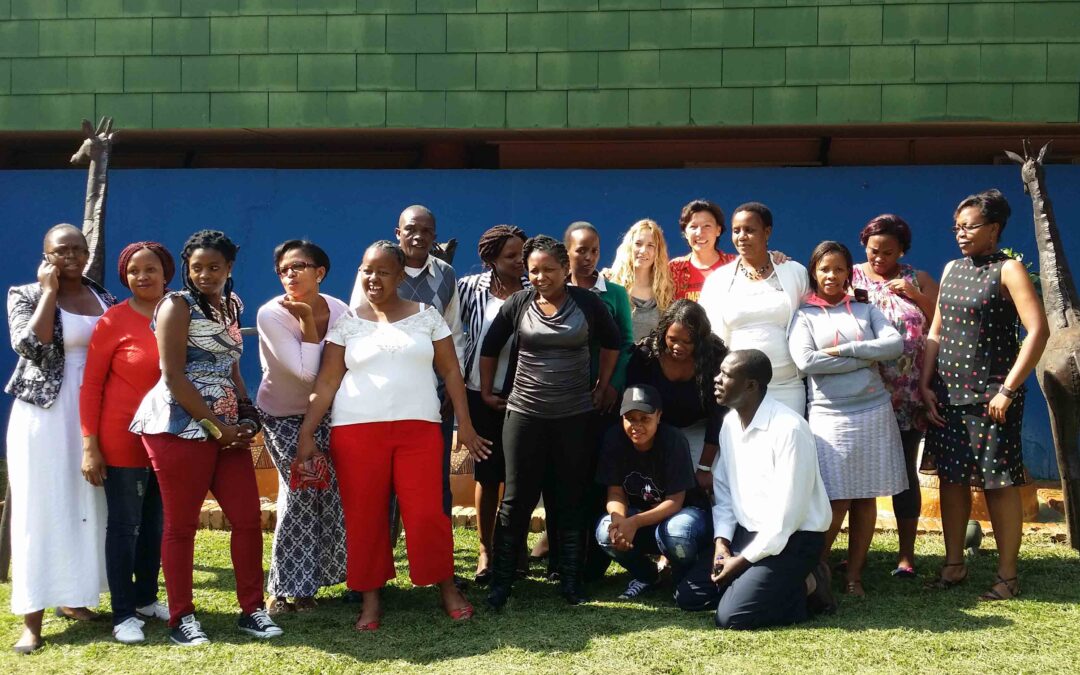
Apr 24, 2014 | News
On 22 and 23 April 2014 Swazi women’s rights organizations and human rights defenders participated in a workshop on women’s human rights organised by the ICJ and Swazi partners in Mbabane.
Participants discussed a range of issues including gender-based violence, sexual and reproductive health, customary law and constitutional protection for gender equality.
The workshop was designed to assist and facilitate civil society engagement in the forthcoming review by the Committee on the Elimination of Discrimination against Women (the Committee) of Swaziland’s implementation of the Convention on the Elimination of All Forms of Discrimination against Women (CEDAW).
Swaziland ratified CEDAW in 2004.
In July 2014 the country’s combined first and second report under the Convention will be reviewed by the Committee which will issue recommendations as to how Swaziland can improve its implementation of the Convention.









